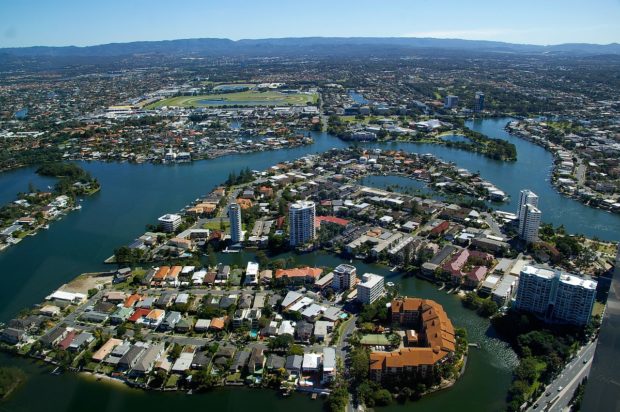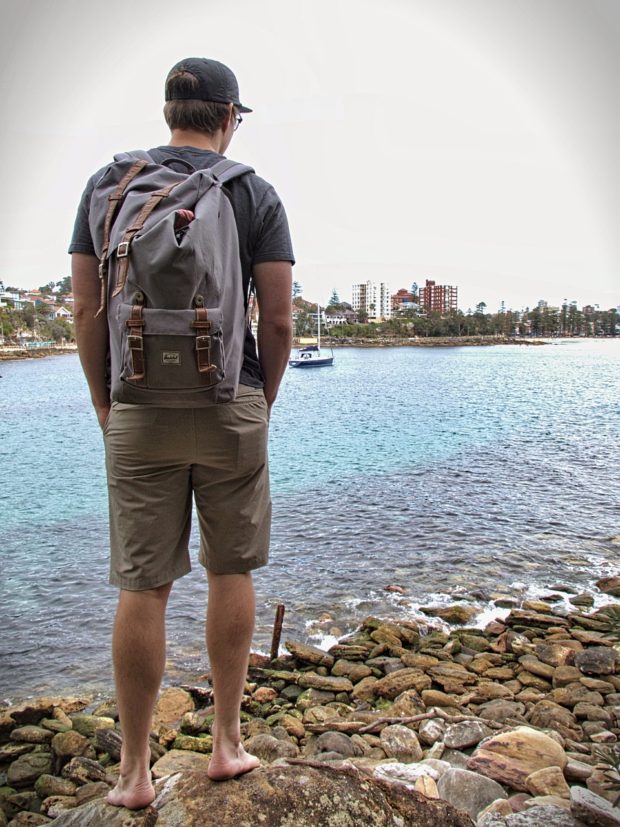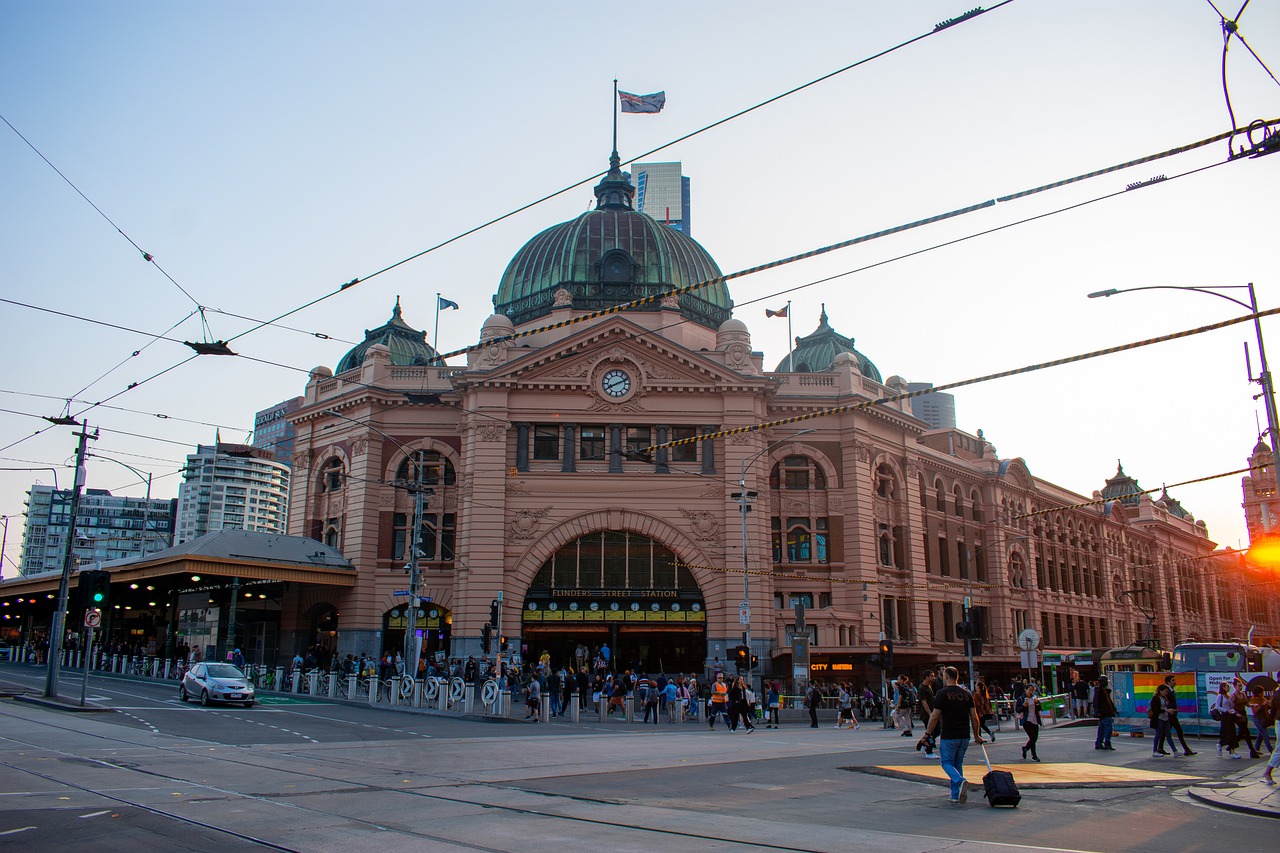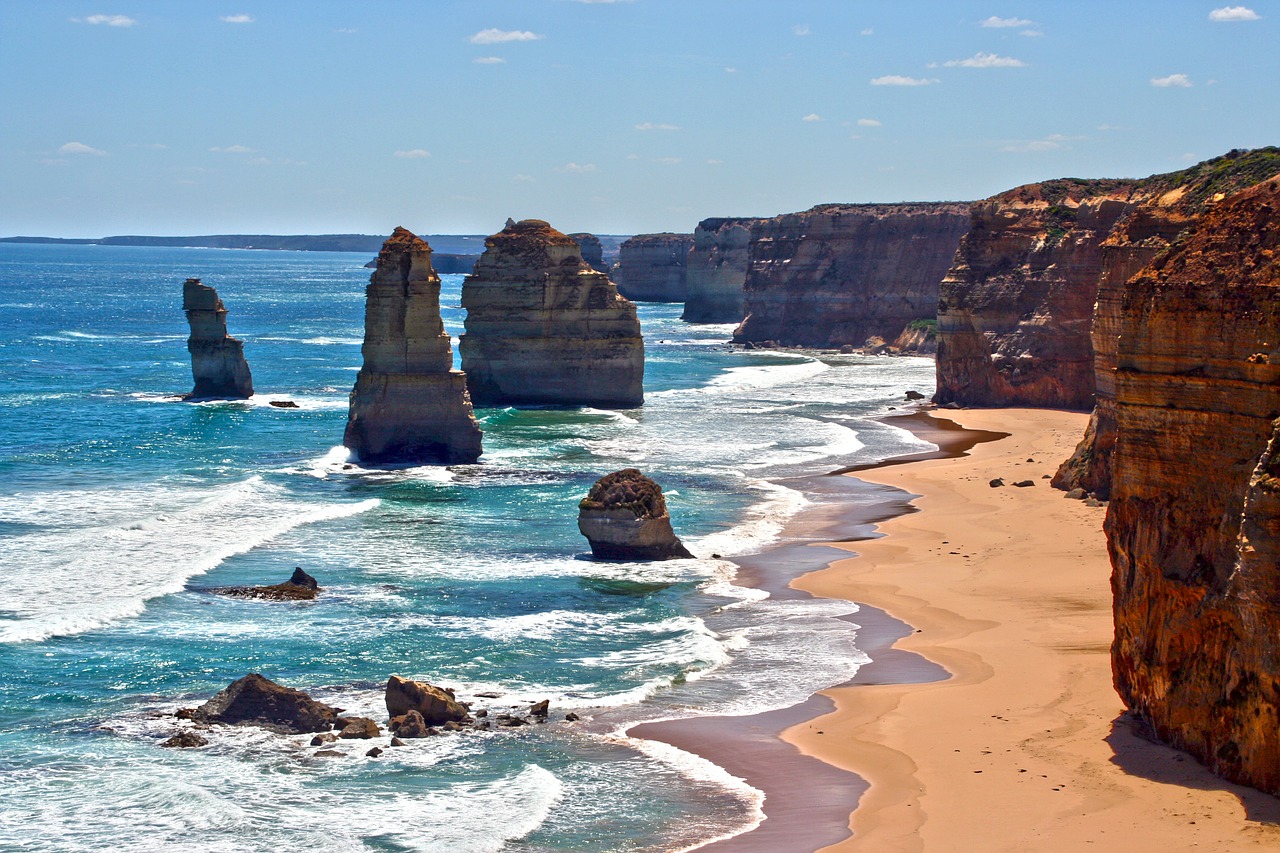If you’re a travel junkie looking for an extended vacation somewhere new and exciting, Australia should be a highly considered option on your map. For someone who wants to immerse themselves in a new culture in a completely different part of the world, Australia is a great spot. Luckily, there are ways to work around the financial challenges of long-term visits to Australia.
Whether you’re in the process of planning the details of your trip or just considering the idea, here are some tips to keep in mind for an affordable and exciting journey!
Step 1: Get Visas
You don’t want to plan for a long stay in Australia without a Visa, or you’ll likely run into trouble. Here are the two main kinds of visas we recommend:
- Working Holiday Visa – This will allow you to travel and stay for up to 12 months and work for an Australian company for six. If you’re under 30 years of age and would like to really immerse yourself in the culture, consider this visa and get to work down under!
- Travel Visa Subclass 600 – This will allow you to stay for 12 months without working. If you’re over 30 or don’t plan to work for an Australian company while you’re there, check into this one. This version also lets you stay the entire time without having to leave every three months, as the former requires.
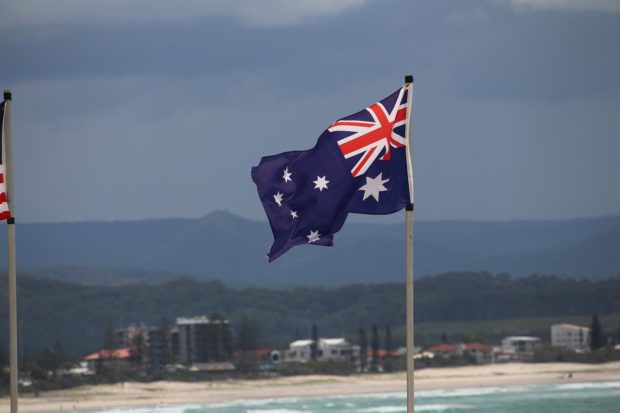
Step 2: Secure Insurance
Travelling for a long period of time warrants some insurance coverage for your health. There are many companies that offer temporary coverage options for travels just like this. So do your research and make sure you’ll be taken care of if anything should go awry!
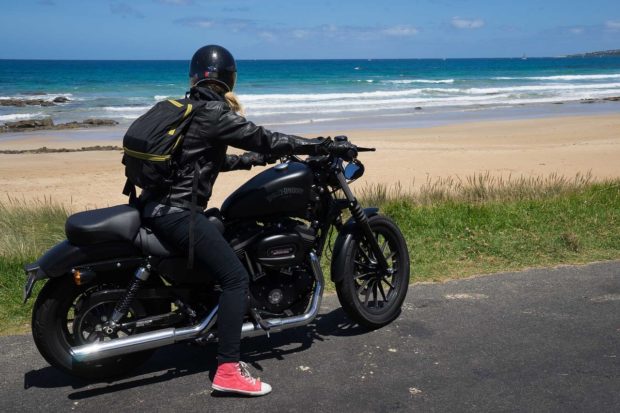
Step 3: Find Accommodations
There are a number of different routes to find accommodations in Australia for long-term stay. Australia is not a cheap place to spend time, so your budget should reflect a large portion set aside for living expenses.
- Hostels – These are a great idea, especially for solo travelers. While they can still be pricey, you can save a lot by staying in a hostel dorm room with a few other individuals. You’ll also find it easier to make friends this way!
- Using AirBnB – If you need more privacy than a hostel allows or are traveling as a couple or a group, consider home rentals such as AirBnb and VRBO. You may even be able to find an entire home that you can book at a discounted monthly cost. If you can convince your hosts to allow you to bring over some of your own furniture, you can make your long-term stay really feel like home. Just use a local moving company like the team at https://nzvanlines.co.nz/moving-to-australia to transfer your beloved items to your new place.
- Use Travel Networks – If you’re interested, consider joining a travel network. These programs are great for solo travellers that are looking for new experiences and a safe place to stay. You can find plenty on Facebook to get you started.
Step 4: Plan Budget Shortcuts
If you’re going to be “living” in Australia for a bit, you’ll want to plan how you’ll budget the expensive cost of living. By making a strategy to keep costs low ahead of time, you’ll be able to spend more on exciting experiences. Some great shortcuts include:
- Finding lodging that accommodates cooking
- Choose free adventures – hikes, sightseeing, scenic drives and beach days
- Pack light – bringing over a whole host of personal items will only cost you more in transportation costs
- Live where you can walk – save on transportation once you’re there by walking from place to place
- Volunteer – volunteering is a great way to get free lodging or a few free meals
Bonus Tip:
If you know anyone who’s travelled to the land down under before, pick their brain about their time there. Also – make friends with the locals! You may get some great recommendations.

